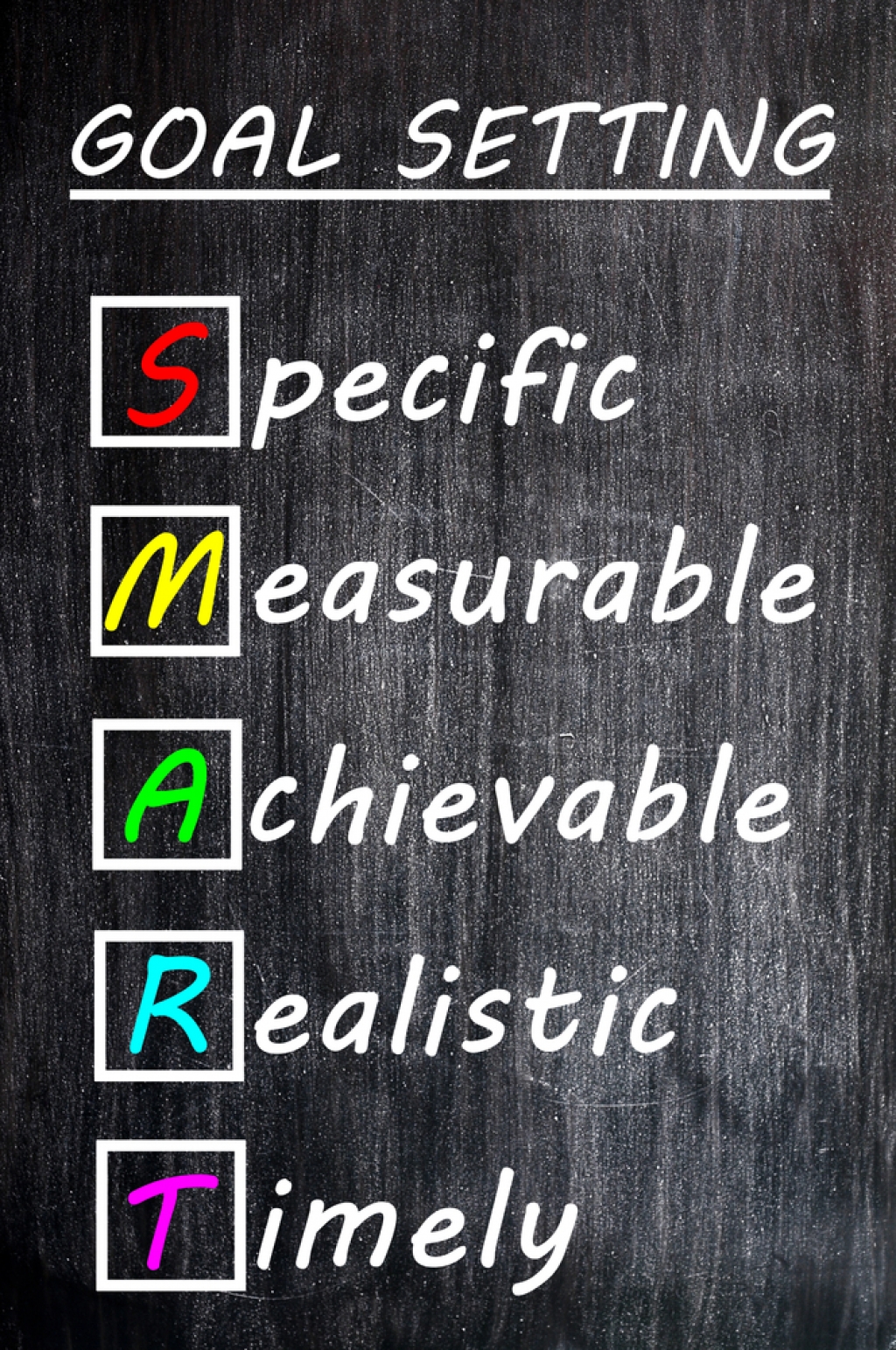The coaching landscape is undergoing a significant transformation in 2024, driven by a dynamic blend of technological advancements, evolving societal needs, and a deeper understanding of human potential. As coaches and clients alike step into the future, they find themselves surrounded by a myriad of trends that promise to redefine professional development and personal growth. In this exploration, we'll delve into the top coaching trends and how these trends are reshaping the world of coaching to effectively cope with the challenges and opportunities of the future.
- Holistic Well-being Coaching: Coaching is shifting its focus beyond traditional career-centric coaching to embrace a more holistic well-being approach. Coaches are incorporating mindfulness practices, stress management techniques, and wellness strategies into their sessions. This holistic approach acknowledges that true success is a balance between professional achievements and personal fulfillment.
- Real-Time Feedback and Analytics: In 2024, coaching has become increasingly data-driven. Real-time feedback and analytics tools provide clients with instant insights into their progress. Coaches can track skill development, monitor goal achievement, and assess key performance indicators on the fly. This data-centric approach empowers clients to make informed decisions, accelerating their professional growth.
- Inclusive and Diverse Coaching Practices: Recognizing the importance of diversity and inclusion, coaching practices are becoming more intentional about creating environments that cater to individuals from all walks of life. Coaches undergo training to embrace and celebrate diversity, ensuring that coaching sessions are inclusive spaces where everyone feels seen, heard, and supported.
- Quantum Coaching: Quantum coaching is an emerging trend that draws inspiration from quantum physics principles. Coaches are exploring the interconnectedness of mind, body, and spirit, aiming to facilitate transformative experiences that go beyond traditional coaching methods. This trend emphasizes the role of energy, intention, and consciousness in personal and professional development.
- Gamification for Skill Enhancement: Coaching is gamifying skill development to make the learning process more engaging and enjoyable. Gamification elements, such as challenges, rewards, and interactive simulations, are integrated into coaching programs to boost motivation and create a sense of accomplishment as clients progress in their journey.
- Neurocoaching: Understanding the intricacies of the brain is at the forefront of coaching trends in 2024. Neurocoaching involves incorporating neuroscience principles into coaching methodologies. Coaches explore how the brain processes information, responds to stress, and forms habits, tailoring coaching strategies to leverage neuroplasticity for optimal learning and growth.
- Virtual Retreats and Experiences: In response to the global shift towards remote work, coaches are organizing virtual retreats and experiences. These events provide clients with immersive, retreat-like environments where they can disconnect from daily stressors, focus on personal and professional development, and connect with a community of like-minded individuals.
- Sustainable Leadership Coaching: As sustainability becomes a key focus in various industries, coaching is adapting to nurture sustainable leadership practices. Coaches work with leaders to develop strategies that align with environmental, social, and governance (ESG) principles, fostering responsible and ethical leadership in the business world.
- Eco-Coaching: Eco-coaching intertwines personal development with environmental consciousness. Coaches guide clients in connecting with nature, incorporating eco-friendly practices into their lives, and exploring how environmental awareness can positively impact personal well-being and professional success.
- Microlearning Modules: The attention span in the digital age is shrinking, leading to the rise of microlearning in coaching. Coaches are breaking down learning content into bite-sized modules, making it easier for clients to absorb information, apply new skills, and integrate coaching insights into their daily lives in manageable increments.
- Career Transition Coaching: With the job market evolving rapidly, career transition coaching is gaining prominence. Coaches guide individuals through career changes, helping them navigate uncertainties, identify transferable skills, and create strategic plans for transitioning into new roles or industries.
- Multigenerational Coaching: As the workplace becomes more diverse in terms of age, coaches are adapting their approaches to cater to multigenerational audiences. Coaches address the unique needs and perspectives of different generations, fostering effective communication and collaboration in today's diverse work environments.
- Mindful Technology Usage: Recognizing the impact of technology on well-being, coaches are incorporating mindful technology usage into their sessions. This involves guiding clients to develop healthier relationships with technology, set boundaries, and use digital tools in ways that enhance, rather than detract from, their overall well-being.
- Quantum Computing in Coaching Analytics: The emergence of quantum computing is transforming coaching analytics. Quantum computers process complex data at unprecedented speeds, allowing coaches to gain deeper insights into patterns, correlations, and predictive analytics, thereby enhancing the precision and effectiveness of coaching strategies.
- Social Impact Coaching: Coaching is extending its reach beyond individual growth to address broader societal issues. Social impact coaching involves guiding clients in creating positive social change, whether through philanthropy, community engagement, or sustainable business practices.
- Emotional Intelligence Coaching: Emotional intelligence remains a cornerstone of coaching, but in 2024, there's a heightened emphasis on developing emotional intelligence. Coaches help clients understand and regulate their emotions, fostering stronger interpersonal relationships and effective leadership in both personal and professional spheres.
- Customizable Learning Paths: Recognizing the diverse needs of clients, coaching is moving towards customizable learning paths. Clients have the flexibility to tailor their coaching journey, selecting specific modules, skills, and areas of focus that align with their unique goals and aspirations.
Adapting to the Future: In conclusion, in 2024, traditional coaching methodologies intertwine with cutting-edge technologies, holistic approaches, and a deep commitment to inclusivity. As coaches and clients navigate this ever-evolving landscape, these trends signify a collective effort to adapt to the challenges and opportunities of the future. The coaching industry continues to be a catalyst for personal and professional transformation, offering a diverse array of tools and methodologies to empower individuals on their journeys toward excellence. As we embrace these trends, we embark on a transformative era where coaching becomes not only a catalyst for individual growth but also a driving force for positive societal change.




